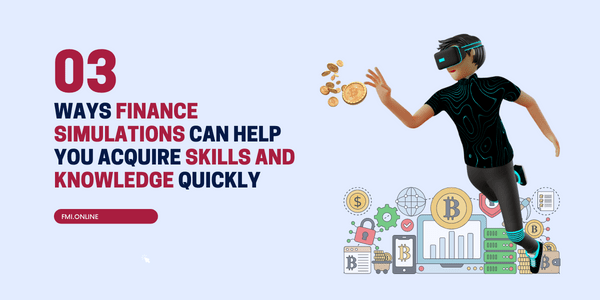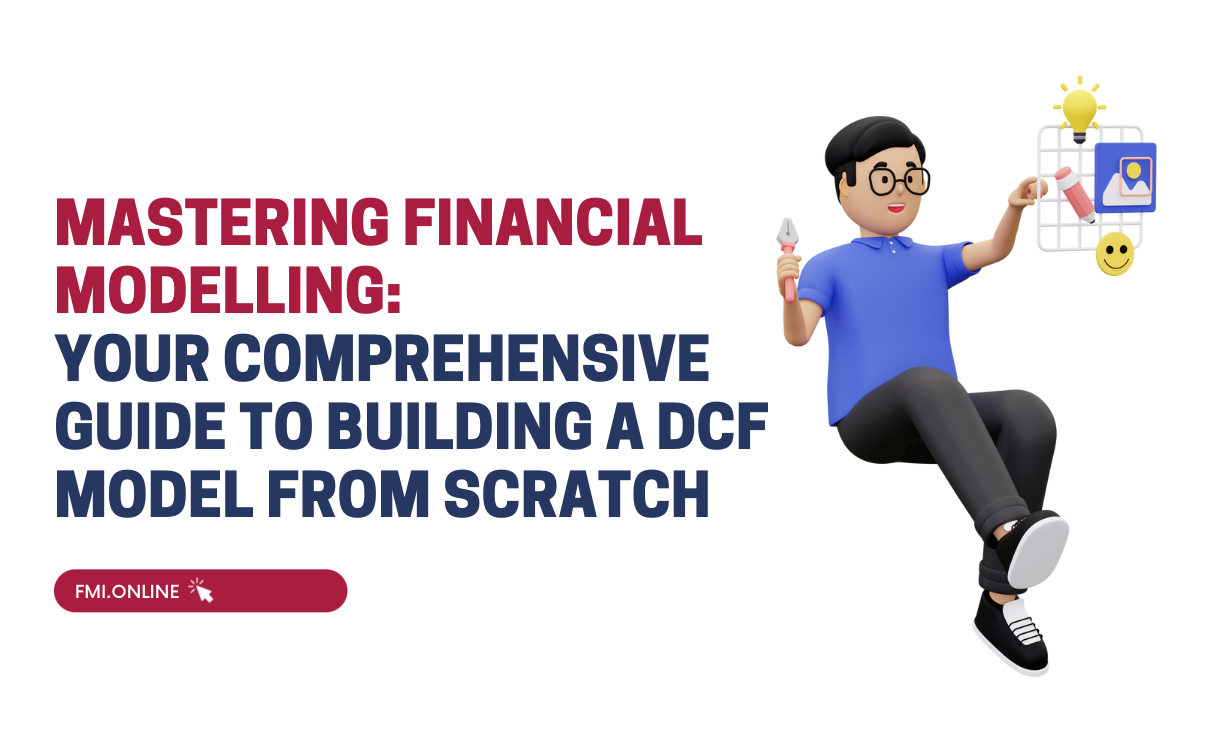If you have tried working with any aspects of financial markets, be it professionally or by investing in stocks, you would know that this field isn’t the easiest to understand theoretically. What you need is to learn by doing. This is possible through finance simulations.
These are mockups of a financial concept, created using mathematical formulae, which duplicate how those concepts work in real-time. For example, if you wanted to learn about investing in shares, a finance simulation would allow you to choose shares, create a portfolio, and trade them on mock markets. So, when you’re doing this on an actual stock market, you wouldn’t be intimidated by unfamiliarity.
The same applies to concepts that investment bankers and financial analysts might need to use in their jobs. If you’re an aspiring financial services professional, you can use these simulations in multiple ways to get a glance and hang of complex topics such as M&A advisories, asset management, understanding capital markets, risk management, among other things. Let’s look at the various ways you can benefit from finance simulations:
1. Get ahead of the competition and land your dream role
Investment banking is a complex and competitive industry. When you are just starting out, you will need to work tirelessly to even land an internship interview. During these interviews, you will be asked technical and behavioural questions. Simulations can help you ace the technical aspect of the interview.
If you have been able to peek inside how some investment banking divisions work, you will be well equipped to answer questions around the same topics as compared to if you have only read about them. Simulations mean that you got involved in the actual role, hence, you will be able to talk from experience and share examples with the interviewers.
For example, in this M&A simulation, you can analyse your stocks, construct your portfolio, and send your instructions to the dealing desk. You can then even use detailed analytics to track your performance as the news unfolds. The pressure in a simulation is replicated to reflect the real-time environment. These learnings can enrich your interview answers and help you land the job you desire.
2. Be better prepared for your IB job
It is common knowledge that investment banking is a strenuous industry to work in with challenging roles and long work hours. The last thing you need in such an environment is to feel that you are not skilled in your job. As a newcomer, this feeling is natural but simulations can help you feel in control. They enable you to gain practical, real-world skills and insights that you will be able to utilise in your early career in financial services and capital markets.
For instance, in this Marketing Making simulation, you can practice your market making skills in the options market. You will be competing for client orders, managing your risk, and setting your own bid / ask spread.
When you have already participated in such activities, you will feel confident of your knowledge and skills when starting out in your IB career.
A glance at the Marketing Making simulation from FMI
3. Add thrill to the learning process
When you’re working in a real, high-stakes environment, as a fresh entrant in the IB industry, your focus will be solely on the learning process. You will be bombarded with new concepts, which may seem overwhelming.
In a simulation, however, while the hustle is replicated, the pressure is reduced since it is a mockup. This allows you to enjoy the learning process and gives you room to take risks, which you may not be able to enjoy at first as a real investment banker. This is thrilling and creates a positive interest in learning new concepts.
For example, this Investment Management simulation allows you to attempt outperforming the benchmark and beat the market.
Conclusion
Simulations, which are shorter than traditional courses, are a remarkable way of learning difficult financial concepts. They allow you to be involved and assume responsibilities nearly as you would in the actual environment. This can significantly aid in putting your knowledge to test, learn by doing, and gain practical experience.










 60+ hours
60+ hours 9 courses
9 courses



